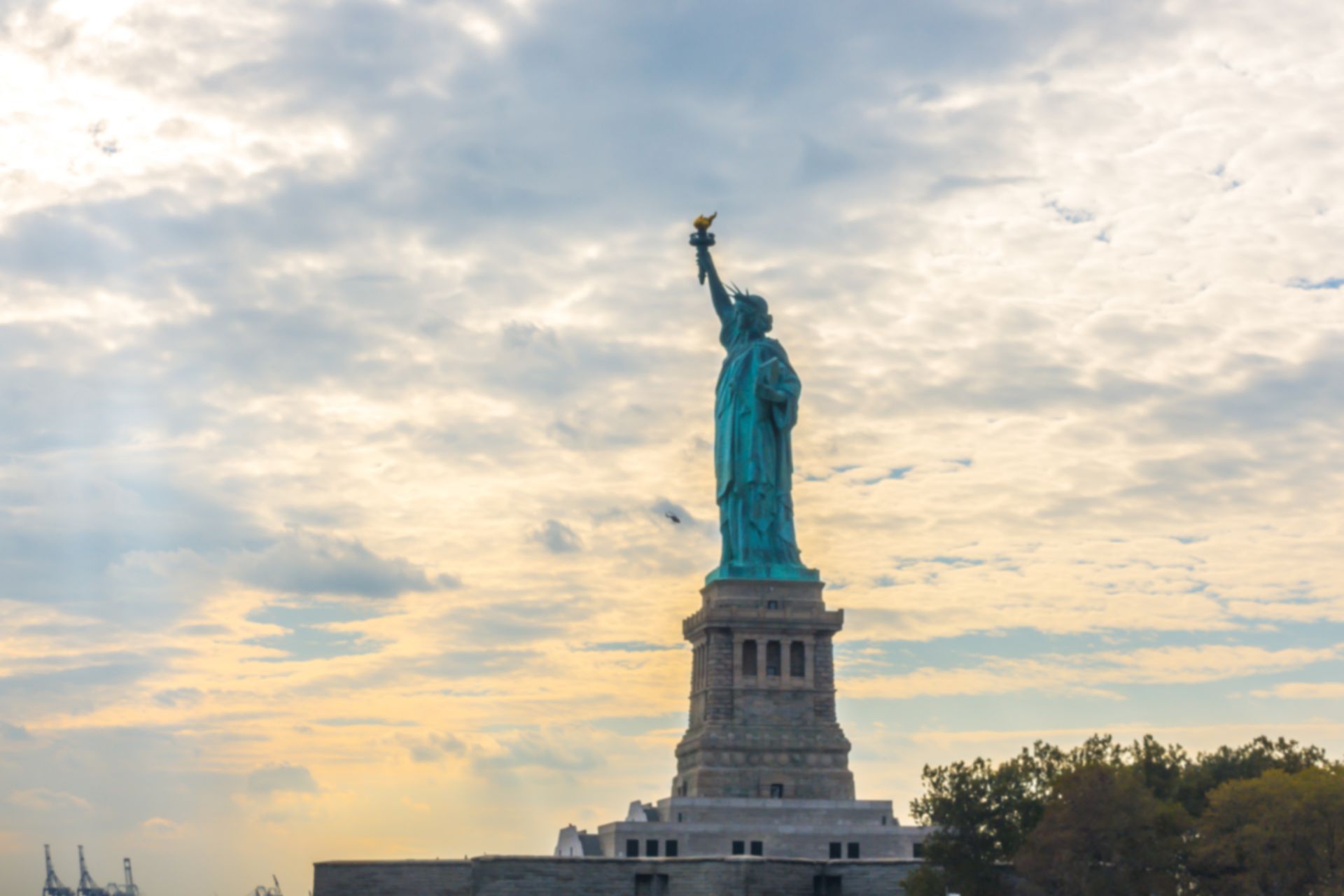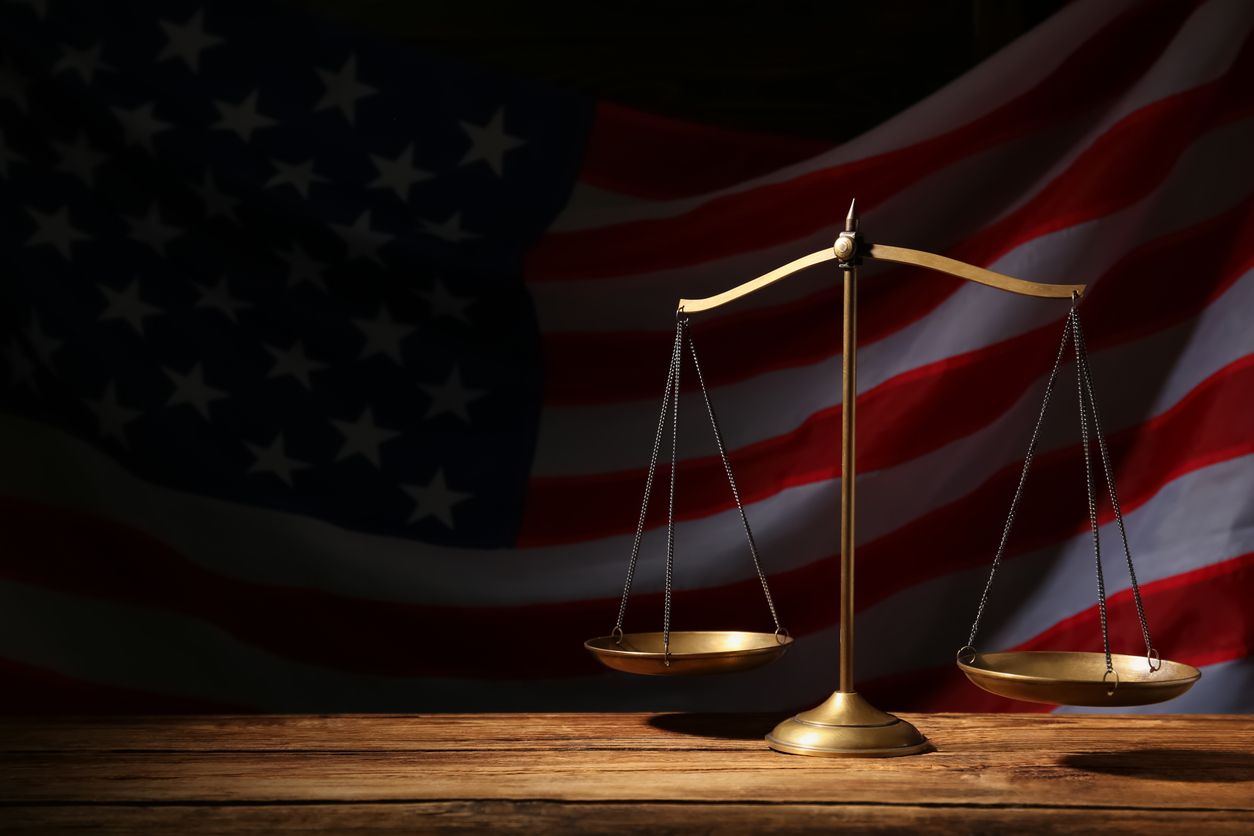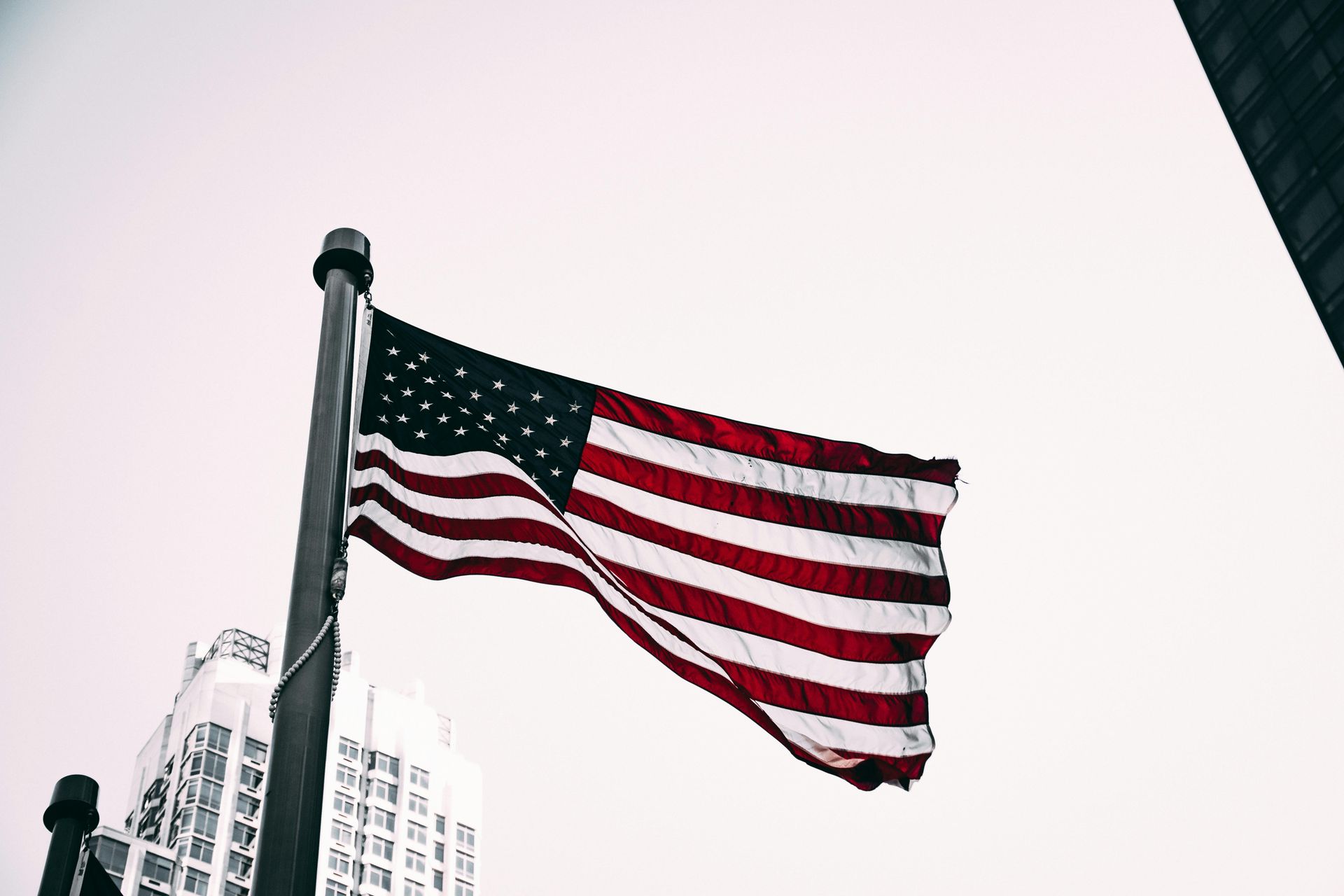Understanding the Difference Between H-1B and L-1 Visas
Understanding the Difference Between H-1B and L-1 Visas
When U.S. employers seek to hire foreign talent, two popular options are the H-1B and L-1 visas. While both allow temporary employment in the United States, they serve different purposes and have distinct eligibility criteria. At the Law Office of Michael P. Kenny, we help individuals and businesses in the Denver area understand which visa may be best for their needs.
What Is an H-1B Visa?
The H-1B visa is designed for foreign workers in specialty occupations that typically require at least a bachelor’s degree. Common fields include information technology, finance, engineering, and healthcare. A U.S. employer must sponsor the applicant and demonstrate that the position qualifies as a specialty occupation.
This visa is subject to an annual cap—65,000 visas are available for workers with a bachelor’s degree, and an additional 20,000 are reserved for those with a U.S. master’s degree or higher. Because of this cap, the government uses a lottery system to randomly select eligible petitions. If selected, the H-1B visa allows for an initial stay of three years, with the possibility of an extension up to six years. Workers can change employers, but the new employer must file a new petition.
What Is an L-1 Visa?
The L-1 visa is intended for multinational companies that wish to transfer employees from a foreign office to a related office in the United States. The employee must have worked abroad for the company for at least one continuous year within the last three years. There are two types of L-1 visas: L-1A for executives and managers (valid for up to seven years), and L-1B for employees with specialized knowledge (valid for up to five years).
One major advantage of the L-1 visa is that it is not subject to an annual cap. Large multinational companies may also apply for a blanket L petition to simplify the transfer process for multiple employees.
Key Differences Between H-1B and L-1 Visas
While both visas allow temporary work in the U.S., they differ in several important ways. The H-1B visa is open to any U.S. employer and is used to hire foreign professionals in specialty occupations. In contrast, the L-1 visa is strictly for multinational companies transferring employees from abroad. The H-1B requires no prior work history with the employer and is subject to a lottery-based cap, whereas the L-1 requires at least one year of foreign employment and has no cap. Duration also differs: H-1B holders can stay up to six years, while L-1A and L-1B holders can remain for seven and five years respectively.
Choosing the Right Path
Determining which visa is appropriate depends on your work background, employer structure, and long-term immigration goals. If you’re in the Denver area and need help evaluating your options or preparing a visa petition, the Law Office of Michael P. Kenny can provide reliable guidance throughout the process.












